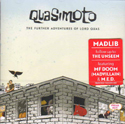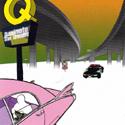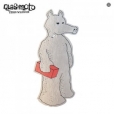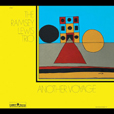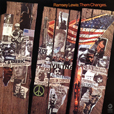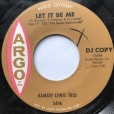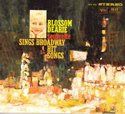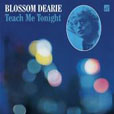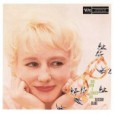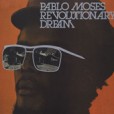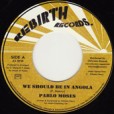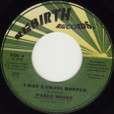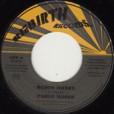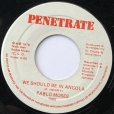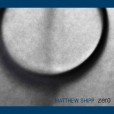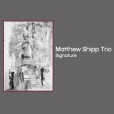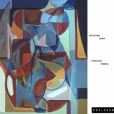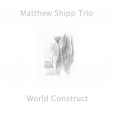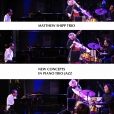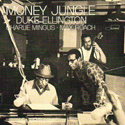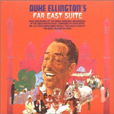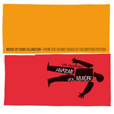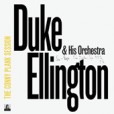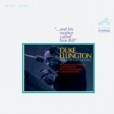Your basket is empty

Unreleased stuff and vinyl specials from the Madlib vaults.
Seasons Change flips Roy Ayers’ D.C. City; Broad Factor and LAX nod to Mad Skillz and Gangstarr.
Hot 1969 lineup — Phil Upchurch, Cleveland Eaton and Maurice White, supervised by Charles Stepney. Do What You Wanna is an irresistible funk failsafe, Opus 5 is Stepney reaching, RL and Upchurch sock it to em on Bold And Black, and there are a couple of soul-jazz Eddie Harris jams… but the sucker punch — ask Gary Bartz — is Uhuru, with White blazing a path on kalimba, and Eaton shocking out.
His masterwork, from 1975. Great songs — a tough mix of mysticism, politics and philosophy — with Robbie Lyn from the Sound Dimension, Geoffrey Chung gently testing the reggae envelope, Clive Hunt from Wackies, a sprinkling of Black Ark, masterful drumming by Horsemouth… and PM’s compelling voice.
‘Close your eyes. What do you hear? Do you hear your own heartbeat? Do you hear the grasshopper which is at your feet?’ ‘Old man, how is it that you hear these things?’ ‘Young man, how is it that you do not?’
Musical Kung Fu care of Clive Hunt at the Black Ark.
‘Man must vank these money men / Who pay I and I to fight I bredrens / Just because I’m in hunger / Them hold I with them dunza / Penetrate man with them dunza… Oh, there shall be lightning and thunder / For the heathens who take advantage of sufferer / To gain their vanity of power / They shall reach their final hour / They will be cut off forever, yeah.’
With bassist Michael Bisio and drummer Newman Taylor Baker — Henry Threadgill crew — who chips in a couple of brilliant solo tracks before the trio’s sixteen-minute, tour-de-force Matrix, to close.
‘Unquestionably the most important piano trio of its time, not so much extending the literature as starting a whole new volume. It really is that good,’ writes Brain Case in The Wire.
‘He’s both deeply imbued in the jazz pano tradition, channelling Monk on the opening Tangible, and completely beyond it. Listening to the softly tumbling, free associating line of Mysterious State is to leave the existing literature far behind and move into a whole new idiom. Likewise, the possibly tongue in cheek Jazz Posture and the almost ritualistic opening to Beyond Understanding where he plays a bare minimum of notes (contrast the rapid transitions of Talk Power right after it) but manages to suggest whole areas of musical possibility.’
This is terrific. The Duke totally fronts up; Mingus is dazzling. Les Fleurs Africaines is one for the desert island.
Don’t miss this late set, from 1966, inspired by an orchestra tour of India, Sri Lanka and the Middle East. With the out-and-out Strayhorn-Ellington masterpiece Isfahan.
Plenty of thrills and spills in this soundtrack to Otto Preminger’s 1959 film. Steeply evocative dynamic and rhythmic contrasts and quick changes in orchestral density get the job done — with a repeated strain of melody — and make for highly entertaining listening, with numerous rollicking brass passages in amongst the piano-threaded impressionism, plus terrific soloing by Johnny Hodges, Ray Nance and co. Highlights include the suspenseful opener, the moody Midnight Indigo, the sublimely sad Almost Cried, and the band hard-rocking out-the-door with Upper And Outest, culminating in an amazing stratospheric passage by Cat Anderson, playing for a moment as if the needle is stuck.
Check out the opening of the film, with its title sequence by Saul Bass, and Duke’s music. Class.
The Duke’s response to Billy Strayhorn’s death from cancer in 1967, this album is one of his masterworks.
Featuring Johnny Hodges, in Strayhorn’s sublime arrangement, Blood Count is utterly devastating, every time. Another masterpiece of despair, cut by wistfulness, After All is stone-cold classic Ellingtonia. The solo-piano version of Lotus Blossom — which closed the original LP — is the Duke at his most emotionally frank.
Ineffably beautiful music, to help you through life.
